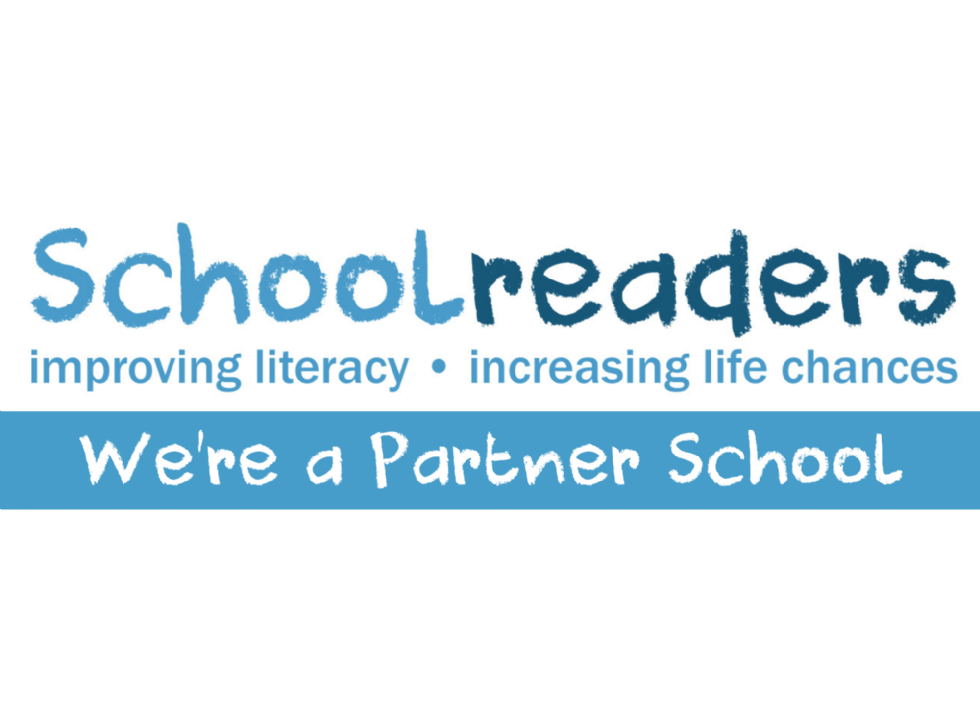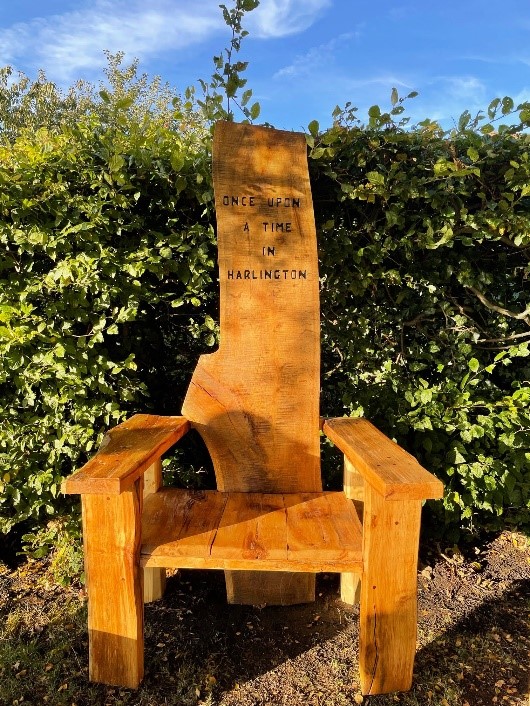Reading
At the Harlington and Sundon Academy Trust, we value reading. We have ambitious aims for all of our children to become lifelong learners and to build their cultural capital by utilising their reading skills. Our children are empowered to become passionate and motivated readers who feel confident in their own skills and enjoy reading for pleasure. They have the self-confidence to read a wide range of genres and text types and the lessons we teach incorporate a variety of thought-provoking and inspiring texts. As the children move through the school, their ability to decode words in order to be able to read fluently with understanding grows and these important skills are developed through their lessons, interventions and regular reading time with adults and peer readers. We implement high quality interventions and regularly review these to ensure that children achieve their full potential and make pleasing progress.
Please see here for our reading progression of skills. Reading Progression of Skills
Our Reading Curriculum
At the Harlington and Sundon Academy Trust, we ensure that our whole class teaching and interventions target the progression of both decoding and language comprehension. Early reading is taught through daily discrete phonics sessions, following the Sounds- Write programme. You can find out more about Sounds-Write on our Phonics page.
Our aim is to develop an early love of reading by introducing and sharing a wide variety of texts with children (including those which they may not be able to access independently) and by ensuring reading is a priority within the schools.
Reading for pleasure
Reading for pleasure is encouraged and children regularly have the opportunity to listen to texts, beyond their current stage of independent fluency and comprehension, which are read aloud by an adult who will model appropriate fluency, expression and intonation. They are then given the opportunity to discuss their understanding of this challenging reading material and adults will support them to develop their comprehension strategies. A recent survey was conducted among the children where many pupils expressed their enjoyment at hearing an adult read to them for reasons such as “I can picture it”, “they use exciting voices”, “it helps me understand the story” and “it makes me feel happy and relaxed”. Reading for pleasure is not at all limited to fictional texts; children are given access to a range of non-fiction books, magazines and digital texts too. Many of these books are situated in our library; a place visited by the children each week.
Children are encouraged to read independently, with their peers and younger pupils and with adults at home. All children take home a reading book daily to share with an adult at home, and they also have the opportunity to take a library book home too.
Reading at Home
In order to consolidate their learning, children will take home a decodable phonics book matched to the sounds they are learning or have learnt. For children who have completed the phonics scheme, they will bring home a book from our Oxford Reading Tree scheme.
Children will be able to read their book, with a little adult support to understand vocabulary or pronounce some unfamiliar words. Alongside their book, children will take home their reading record where children’s progress in reading (both with adults at home and in school) is recorded. These reading records also contain a number of helpful information pages for parents and carers including phonics summaries, ideas for questioning, age related grammar expectations and definitions and activities for children to complete once they have finished their book.
To support reading at home, each year group has some suggested questions you may wish to ask your child while you are reading with them. Your child should have a bookmark with these questions on and there are also some additional questions in the aforementioned reading records.
You can download the bookmarks from the links at the bottom of this page.
We also enhance our home reading provision with e-books through a school subscription to Reading Eggs. All children have a username and password to access this and use the Reading Eggs Library to read a wide range of digital texts and e-books (fiction and non-fiction). They also have access to Reading Eggs ‘lessons’ where they will be set particular books and focussed questions at their reading ability to develop their fluency and comprehension.
|
Reading environments The FRIENDS of Harlington Lower School have worked hard to develop the outside space on the back field. They commissioned a bespoke storytelling chair from a local carpenter, Chris, who kindly donated his time. We have a truly spectacular storytelling chair. This wonderful feature inspires and motivates the children as they spend time reading and enjoying books outside. |
|
How do I provide a rich reading experience for my child?
Parents and carers often ask us what books they should read to their children.
We recommend you read a wide variety of books to your children, from classic picture books to non-fiction texts on topics that interest them.
Reading a wide variety of books to your child will provide rich reading experiences that promote a love of reading. These can be books from the school reading scheme, the school library, a public library or home. The majority of these books contain complicated alphabet code knowledge, much of which has not yet been explicitly taught in Reception or at the start of Year 1.
We encourage you to read these books with your child, rather than getting them to read them.
In doing so, you will;
- model what fluent reading ‘sounds’ like
- model appropriate expression and phrasing (e.g. slight pauses at commas and full pauses at full stops)
We also suggest that you:
- talk about the book and encourage your child to retell the main parts of the story to you
- talk about the characters, plots and settings of stories and link these to the illustrations provided
- discuss what was learnt from informational texts e.g. “What did you find out about spiders?”
- compare the people and events in the texts with those in your own lives
- select several words from the text (that your child would know) and ask them to put the word in a sentence - this is a powerful vocabulary building activity
|
Schoolreaders Partner School Schoolreaders recruits, places and supports volunteers in schools to give children one-to-one reading support on a weekly basis, boosting their literacy skills, confidence, and reading fluency. We’re proud to be a partner school, able to provide our pupils with this valuable extra reading time each week! |
 |

